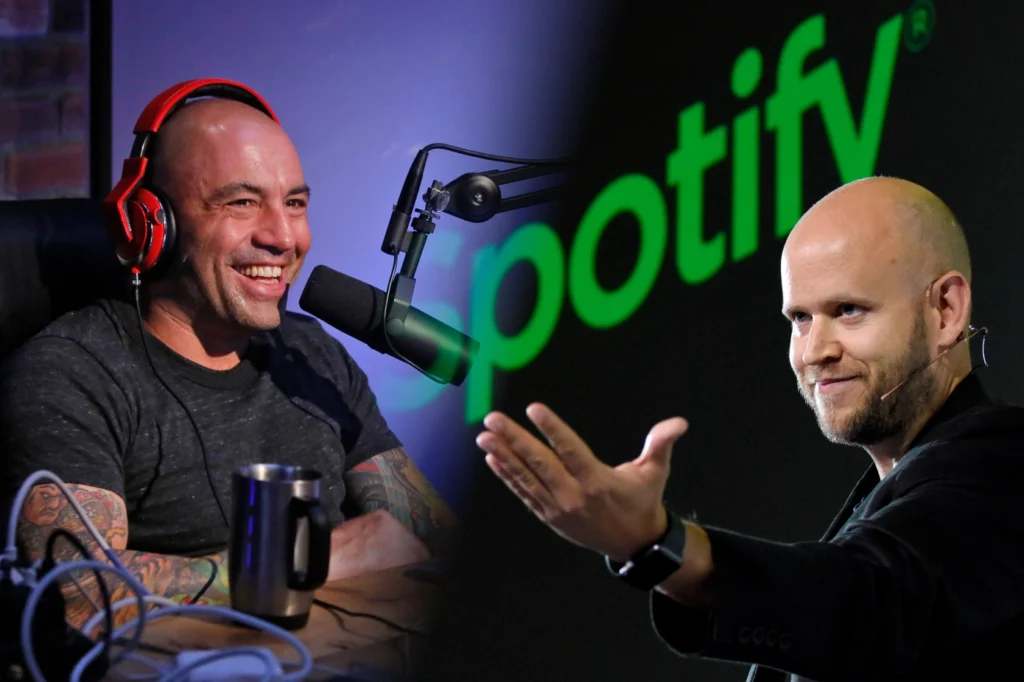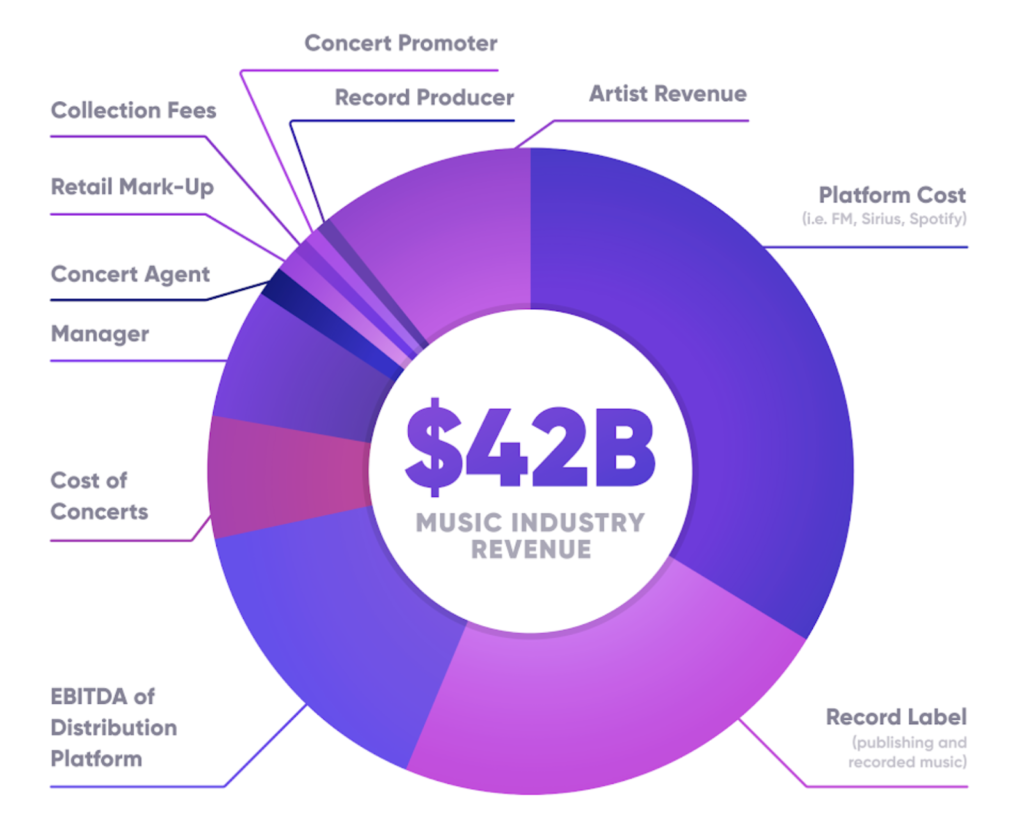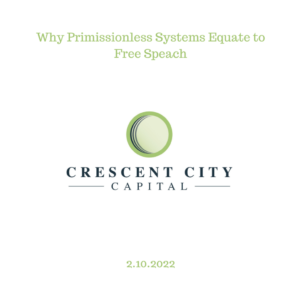Why permissionless systems equate to free speech
This week saw a national news break that involved a company imposing regulatory action against content determined to hold values misaligned with their own corporate identity. The headline described how Spotify considered disciplinary action against comedian and podcast host Joe Rogan, following his controversial opinions regarding Covid-19. Spotify found itself being called on to remove the show from its streaming platform and cancel its contract with Rogan, who operates the most popular podcast in the world. The show, titled “The Joe Rogan Experience,” has demonstrated people’s desire to connect with the opinions presented on the podcast. Spotify has made Rogan delete previous episodes involving content that didn’t sit well with Spotify’s corporate executives. Regardless of the views presented and personal opinions about them, allowing Spotify to regulate both what content creators say and what listeners hear is against the true values of free speech. This kind of relationship equates to what is known as regulated speech.

Regulated speech prohibits creators from speaking their minds and, more importantly, doesn’t allow the content consumers to hear varying opinions and construct their unique ideas and opinions. In the future, creators will want to move their content onto permissionless programs that allow them to say what they want without fear of being silenced by an executive board. The most effective way to combat wrong information is to provide a truthful counter with facts and evidence. Rogan himself acknowledged that he has, in the past and will continue to, bring on guests with opinions that align and differ with his own, allowing his audience to construct their conclusions. Worse for Spotify is that they pay their creators .003-.005 cents per stream, meaning that even the top 1% of artists, those with over a million streams, could be making just $4,000 annually. This money is often directed to labels, who determine what to give the artist based on their contact. This pay structure is entirely unsustainable and allows Spotify to keep the vast majority of revenue.
Web 3.0 permissionless systems will enable artists to have complete control over their products, feeding their families and growing their fanbase. One example, Audius, is an emerging blockchain startup that gives artists 90% of the revenue brought in from their products as opposed to the 14% industry average. This DAO (decentralized autonomous organization) leverages the Ethereum staking network and allows artists on Audius to determine how their content will be monetized. Options include
— Offering content and streams for free.
— Having a one-time payment to unlock all content.
— Selling their songs as non-fungible tokens (NFTs).
Audius enables musicians to maintain sole ownership of their music by generating immutable timestamps of their content, secured by a network of decentralized node operators. On Audius, any music creator can upload and monetize content. There’s no need to be signed to a label or have a massive following to start distributing your own music on your own terms. The platform also rewards artists with Audio tokens for achievements such as top-five weekly trending tracks and top five trending playlists.

Many of the world’s most popular artists, such as Katy Perry, Jason Derulo, and Weezer, have teamed up with the startup representing 6 million monthly users, or just under 2% of all music streams today. The platform has also partnered with the social media app TikTok to allow artists to post their original music and grow their audience. Audius’ website says, “music platforms were at their best when they listened to what artists and fans wanted – not corporations or major labels” and that uploaded tracks can “never be censored or removed.” TechCrunch called Audius’ blockchain move its “secret sauce,” while Yahoo finance said it is “adequately addressing the most pressing needs within the industry.” This is just one of the many examples that display how blockchain technology and DAOs are set out to improve many diverse industries in today’s digital economy.
Disclaimer: Please note that the contents of this article are not financial or investing advice. The information provided in this article is the author’s opinion only and should not be considered as offering trading or investing recommendations. Please conduct your own due diligence before making any investment decisions.
References:
Samantha Hissong, http://www.rollingstone.com/pro/news/audius-blockchain-nft-crypto-streaming-platform-1226559
Ashley Cassell, http://investorplace.com/2022/02/the-real-joe-rogan-controversy-that-makes-spotify-ripe-for-dissruption/
Josh Constine, http://techcrunch.com/2018/08/08/audis/

